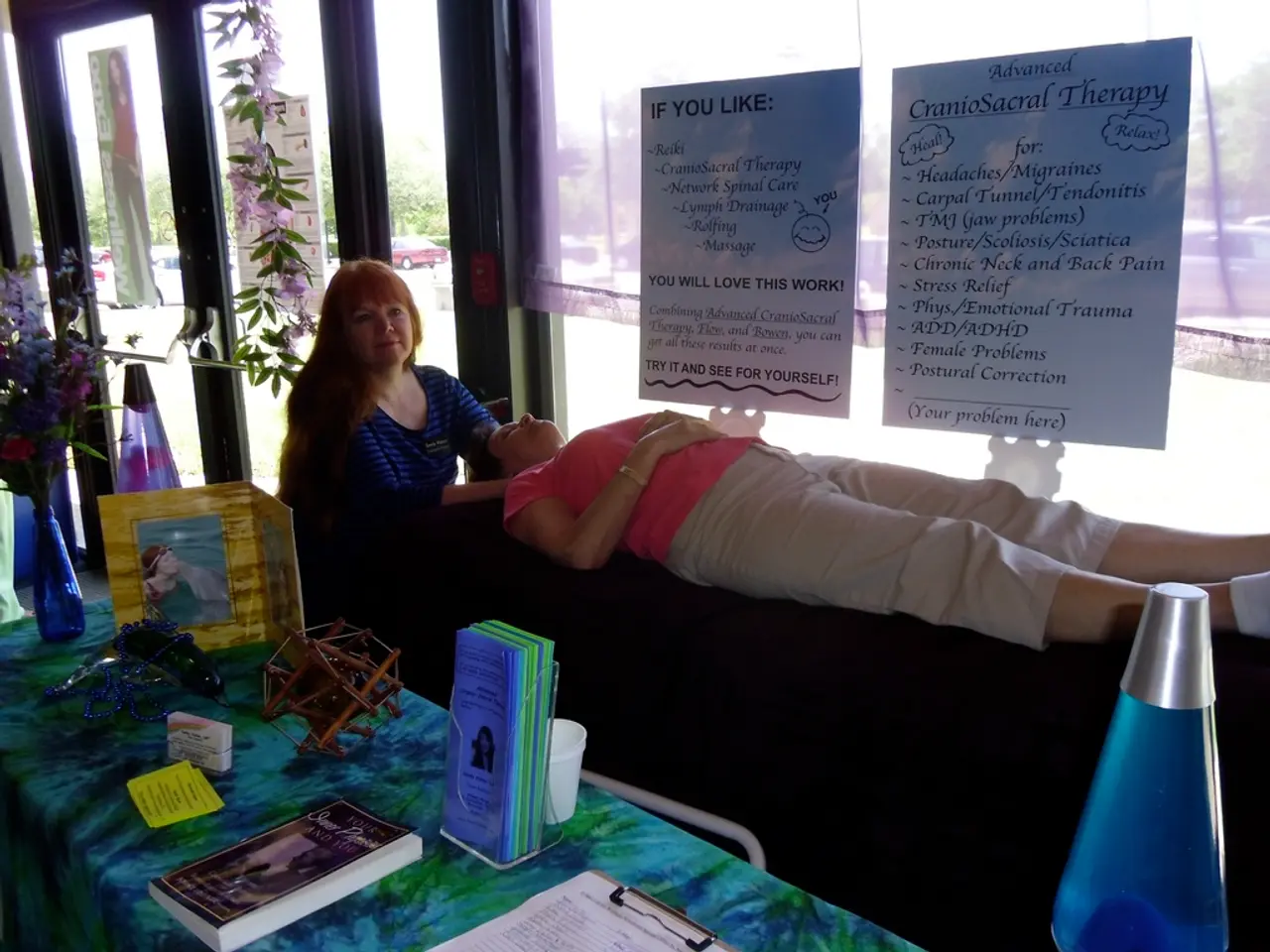The Surge of Instant Psychological Treatment and Popular Psychology:Are They Effective or Merely Trendy?
In today's digital age, mental health awareness is more important than ever. However, the rise of Insta-Therapy and pop psychology has raised concerns about the misuse of trauma terms and therapy jargon, which could potentially undermine public understanding, trivialise suffering, and promote inadequate self-treatment.
Identifying Pop Psychology
To distinguish pop psychology from research-backed psychological content, look for unverifiable licenses or qualifications, content that seems too good to be true, and a lack of claims about helping clients. Pop psychology is an umbrella term that includes various techniques, therapy concepts, and psychological conclusions gained from shows, movies, books, and the world at large [2].
The Dangers of Pop Psychology
Pop psychology often focuses on easy fixes and simpler methods to healing, rather than addressing deeper causes. It is not entirely scientifically backed, offering quick and easy fixes to deep-rooted and difficult problems [2]. This misuse of trauma terminology can lead to distorted perceptions of trauma, mental health, and healing [1][3][5].
The Impact of Misuse
The overgeneralization and misuse of trauma terminology can have several negative effects. For instance, it dilutes the true meaning of trauma, reducing the perceived severity of actual trauma, which hinders understanding of clinical trauma’s complexity and the need for proper treatment [1][3].
Moreover, it spreads misinformation, as much pop psychology content on social media lacks qualification or verifiable credentials, often presenting unscientific or oversimplified mental health advice [1].
Furthermore, it can create a false sense of therapeutic progress, as online audiences may imitate self-help or coping strategies seen in social media that worked for others but are not personalized, possibly leading to frustration or ineffective outcomes [1].
Additionally, emotional cutoff and self-diagnosis can occur when popular therapy terms are weaponized or misapplied to label others or oneself without robust clinical assessment, fostering emotional isolation or unnecessary stigmatization [5].
Lastly, it normalizes problematic behaviour, as misuse of terms like "gaslighting" lowers their critical meaning and potentially invalidates real victims of abuse, complicating interpersonal relations and accurate identification of abusive dynamics [3].
The Role of Social Media
The widespread use of wellness influencers who follow the pop psychology approach can be found on Instagram. Insta therapy involves professional therapists spreading awareness about mental health and subjective wellbeing, including discussing mental health disorders, healing techniques, tips from various therapies, and more [4].
However, it's crucial to ensure that licensed therapists share research-backed content online to avoid distorted perceptions of trauma, body image, emotions, mental health disorders, and healing [1].
In essence, while raising mental health awareness is a positive goal of Insta-Therapy and pop psychology, misusing trauma terms and therapy jargon risks undermining public understanding, trivialising suffering, and promoting inadequate self-treatment instead of encouraging professional help and nuanced comprehension of mental health [1][3][5].
[1] American Psychological Association (2021). Understanding Pop Psychology. Retrieved from https://www.apa.org/topics/pop-psychology
[2] Becker, H. (1963). Outsiders: Studies in the Sociology of Deviance. New York: Free Press.
[3] Bandura, A. (1977). Social learning theory. Annual Review of Psychology, 28, 1-24.
[4] Instagram Therapy: What You Need to Know. (2021). Retrieved from https://www.healthline.com/health/instagram-therapy
[5] Dutton, D. G., & Archer, J. (2016). The Dynamics of Intimate Terrorism: Abuse in Activist Families and Radical Social Movements. New York: Routledge.
- The misuse of trauma terminology on social media, such as Insta-Therapy, can dilute the true meaning of trauma, reducing the perceived severity of real trauma and hindering the understanding of its complexity and the need for proper treatment.
- Many wellness influencers on platforms like Instagram who follow the pop psychology approach lack the necessary qualifications and their content may lack scientific backing, spreading misinformation about mental health and emotional wellness.
- The overgeneralization and misuse of therapy jargon can create a false sense of therapeutic progress, as online audiences may imitate self-help or coping strategies seen on social media that are not personalized, leading to frustration or ineffective outcomes.




